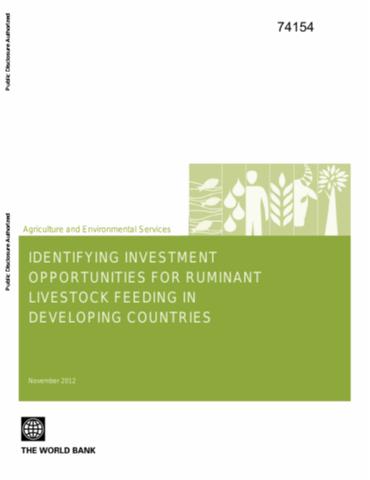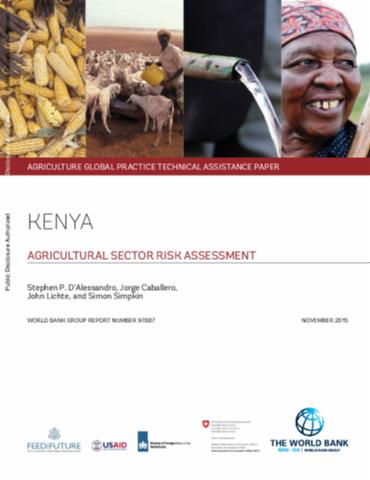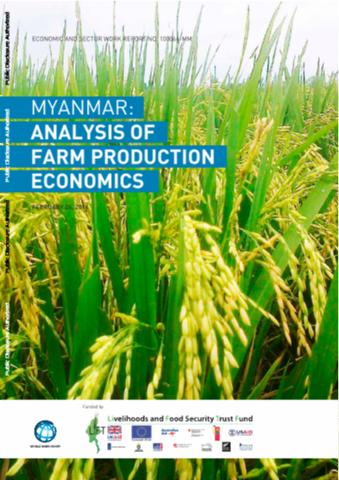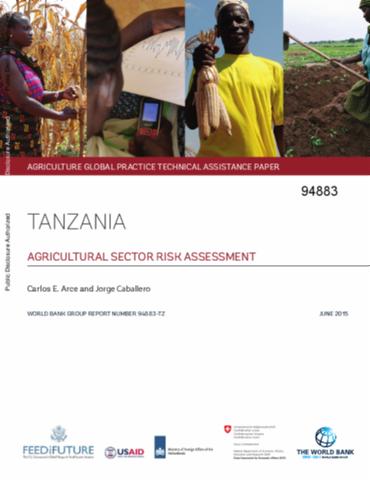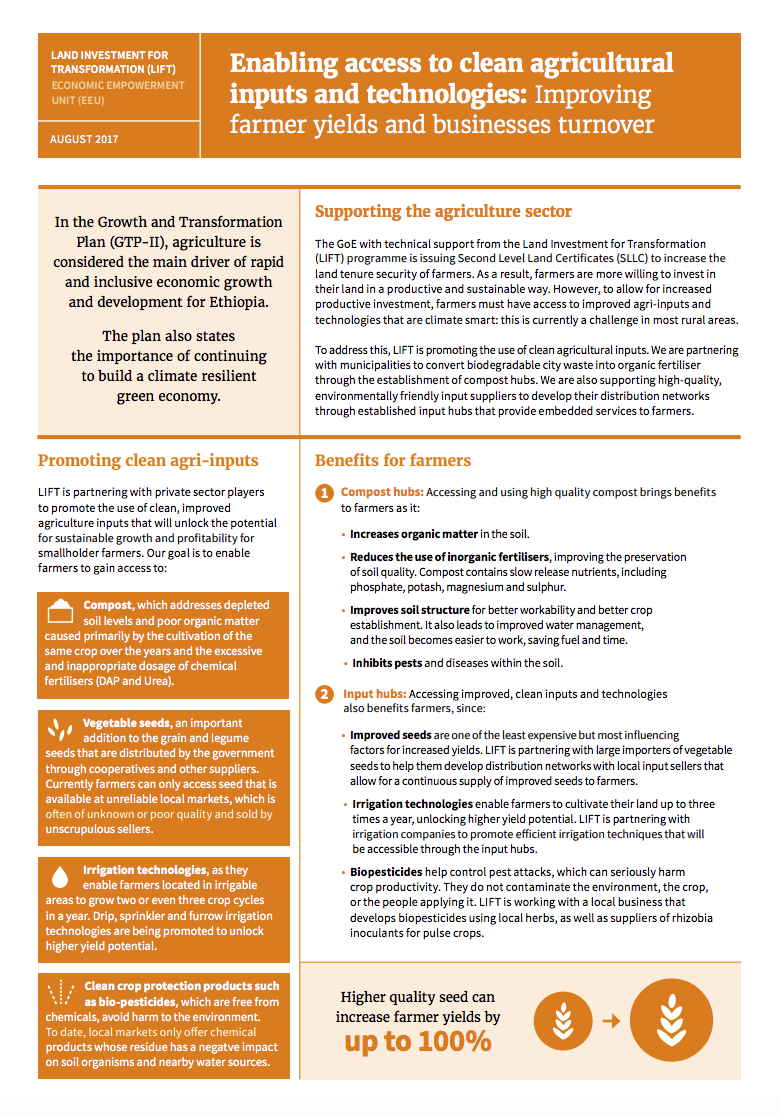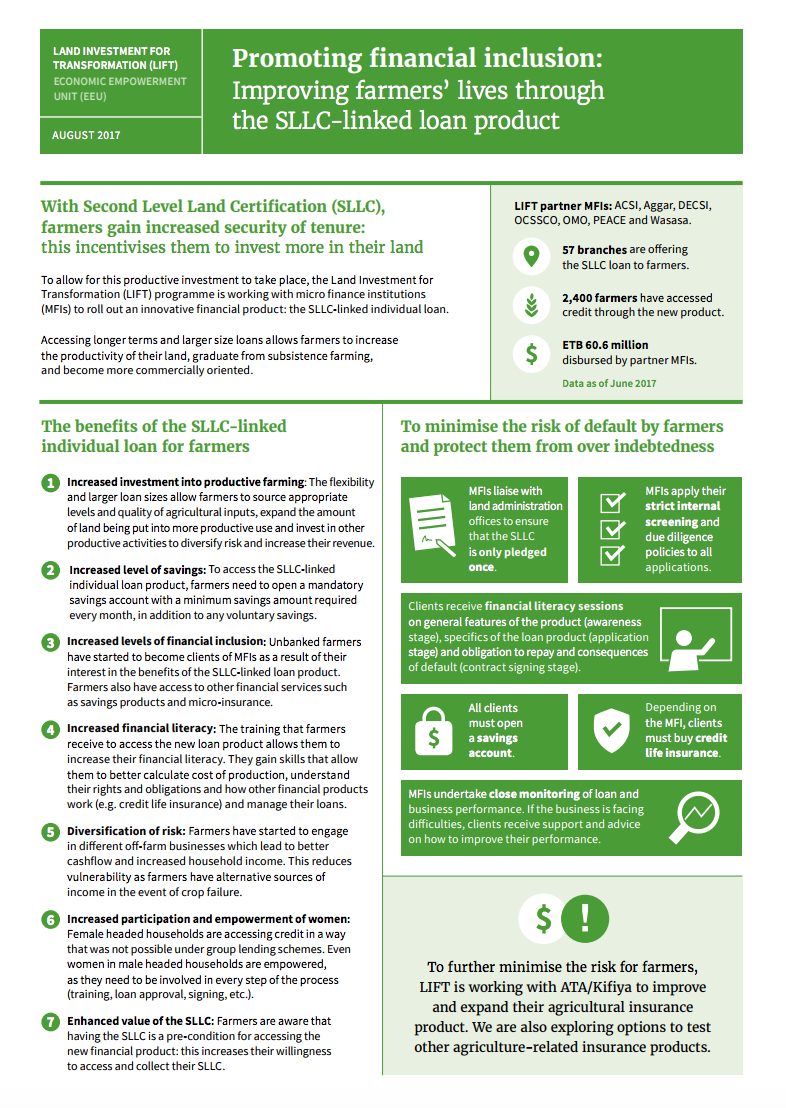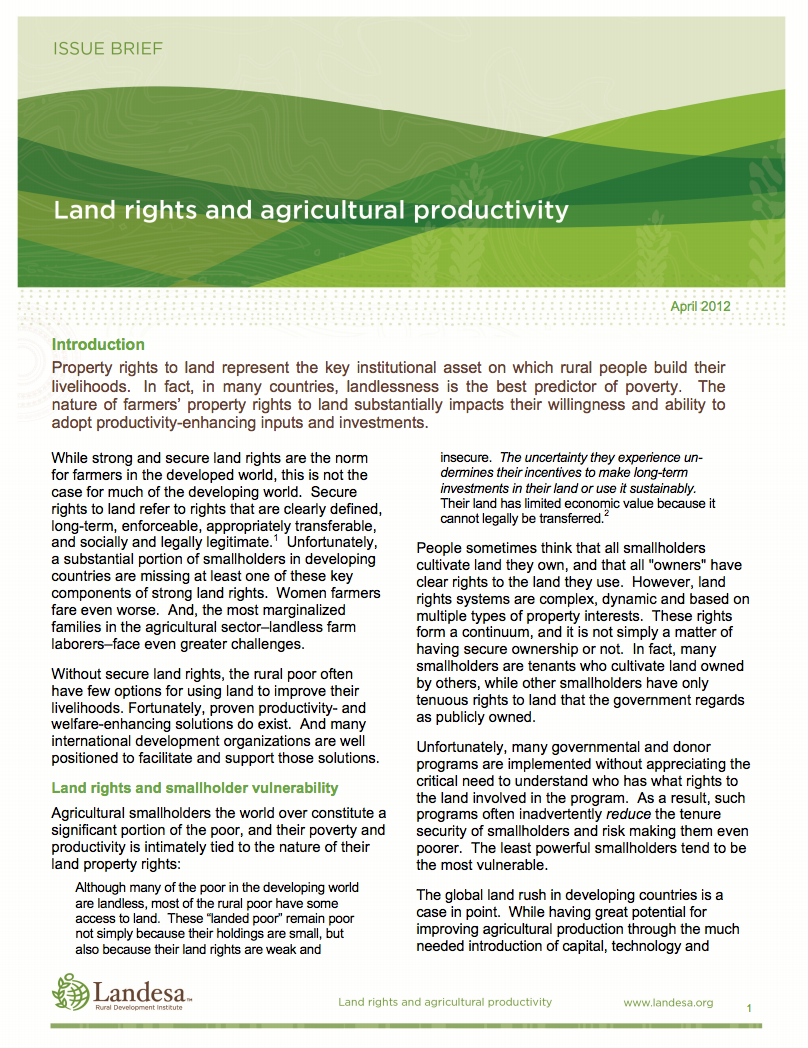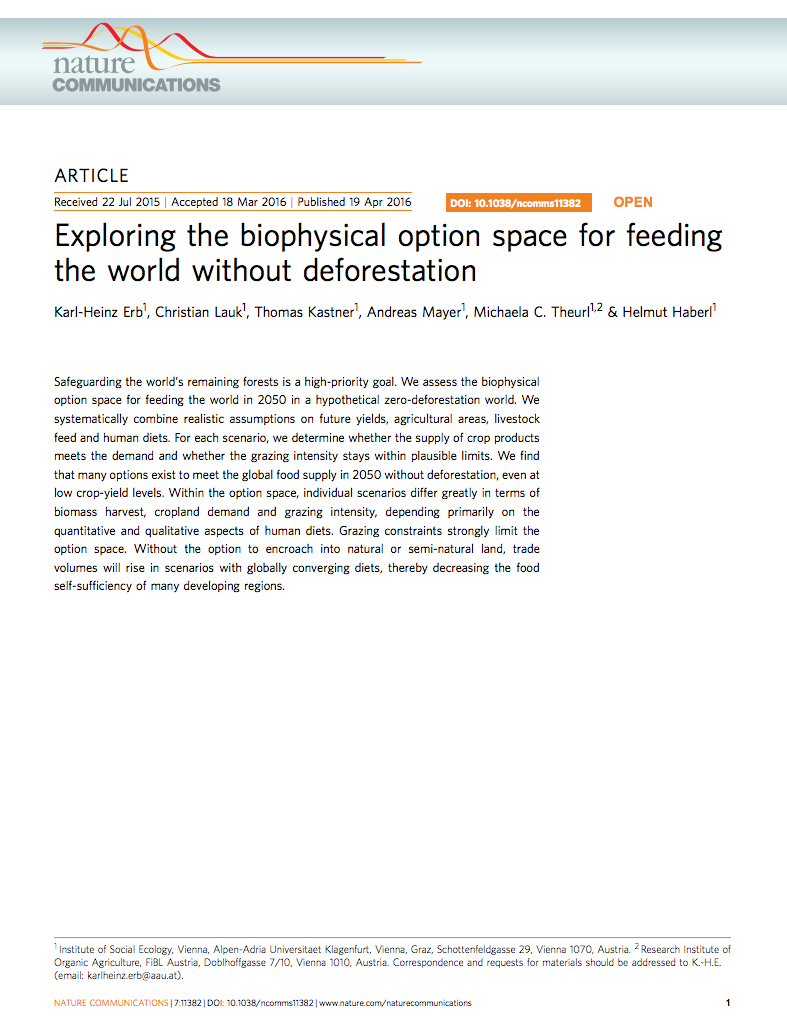Identifying Investment Opportunities for Ruminant Livestock Feeding in Developing Countries
In the future scenario for livestock development, there is a continuing role for smallholder producers, particular for dairy and small ruminants, relying heavily on grass and crop-residues, however in a growth mode, intensifying production, and enhancing the efficiency of resource use (less land, labor and feed resources per unit product). In particular improving the efficiency of converting feed into milk and meat will be critical to increase their income.

